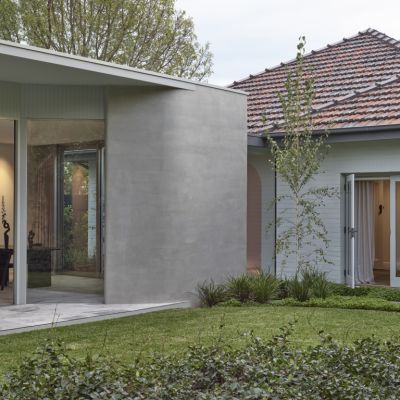'I have seen far too many struggle': Country home builder reveals city-slicker property mistakes

Moving from the city to the country involves nothing more than a ripper apple pie recipe, a window sill to cool it on and a new pair of dense rubber gumboots.
Right? Think again.
From choosing materials that won’t last, to forgetting the upkeep on a big backyard and not considering efficient heating and cooling, there are many ways to trip up on a tree-change.
Builder Tristan Angelini, the managing director of custom-building firm Hillbrook, said it can be a “shock of the system” when buyers – and those building a new home on a verdant block, out of town – come to terms with the realities.
Mr Angelini, who has experience with construction during the great regional migration over the past two years, when COVID-19 struck, explains common real estate errors made by transitioning city folk.
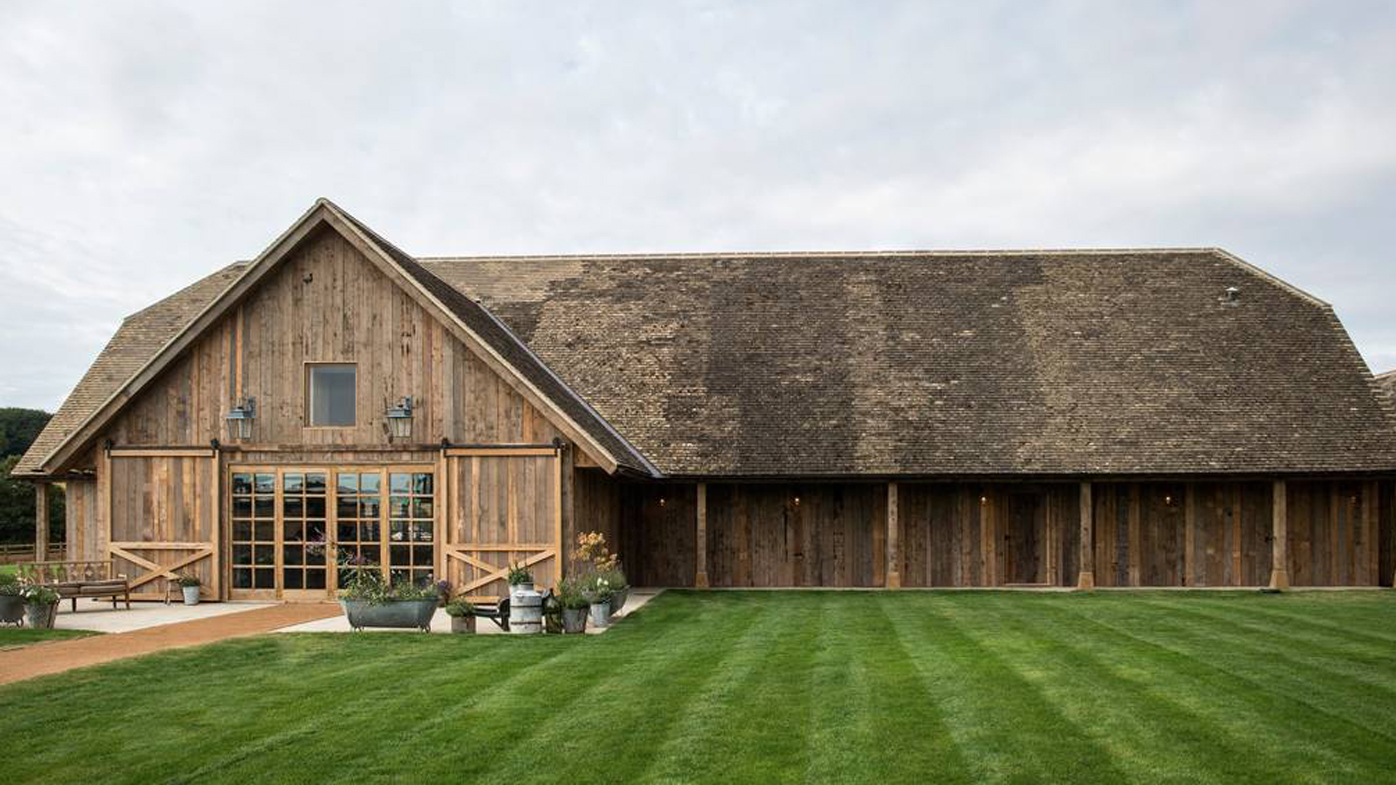
Builder’s own tips
We’re all aware of the benefits of country living, with a slower lifestyle, access to nature, and peace and quiet, to name a few.
As a Victorian builder working on the ground throughout the pandemic, I saw firsthand just how many city slickers opted for regional and rural life once they got the chance – but some found it more difficult than others.
I’ve coached many homeowners through the process to help them avoid a shock to the system when they move, which is more common than you may think.
Building countless homes across Victoria, this is what I’ve learnt about setting up a home in a regional area.
To enjoy country life as much as possible, the process starts before you’ve even built your house.
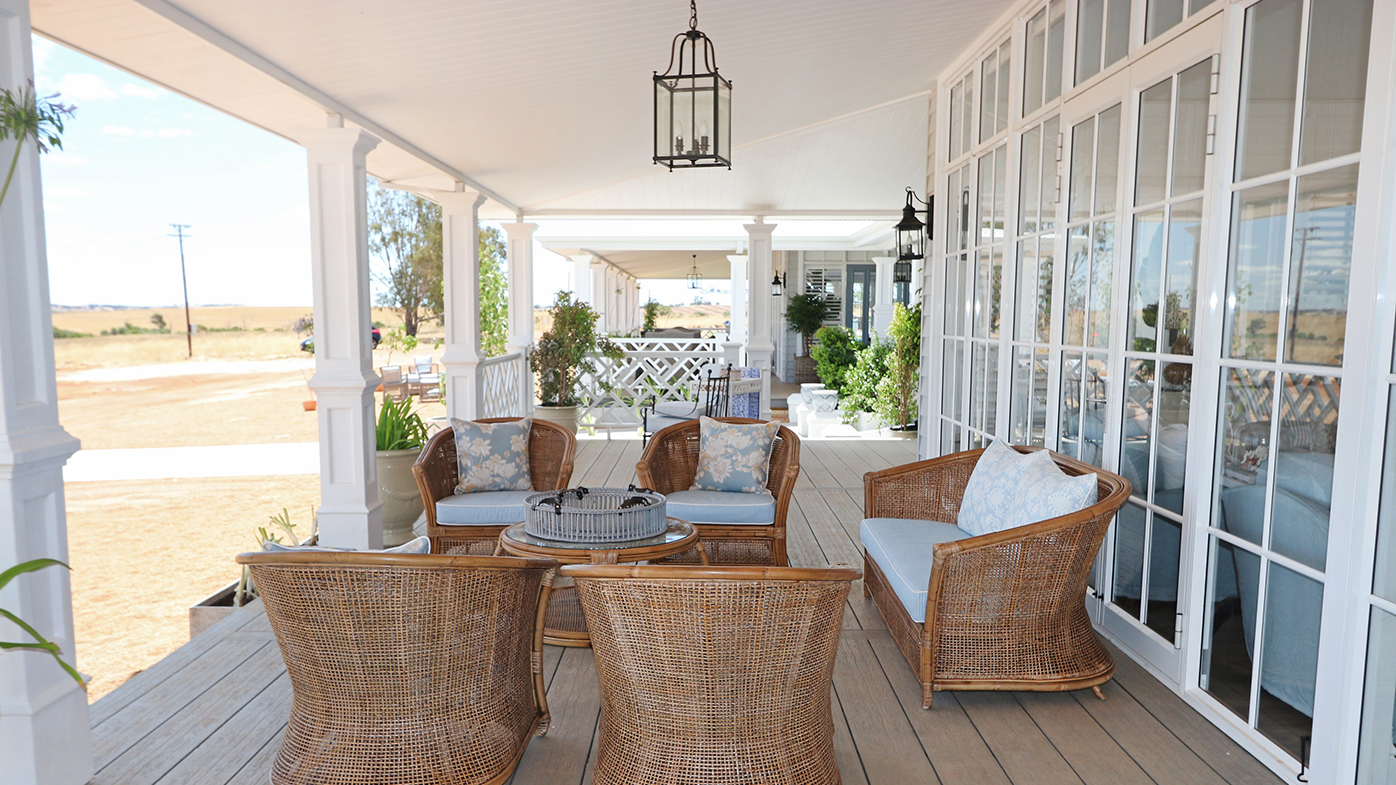
I’ve seen far too many people fail to consider how to make the most out of their new home, which they regret down the track.
Consider adding a study nook to make working from home easier. If you’re close to the ocean build an outdoor shower for a post-beach rinse off, or add extra garage space to store your family’s bikes and surfboards.
You may love the idea of a bigger home and backyard for your family, but there is inevitable maintenance that comes with it.
If you’re relocating down the coast, selecting materials such as timber will increase maintenance costs but looks amazing architecturally.
I suggest using extreme weather paint to protect your home from the dreaded cracking and peeling.
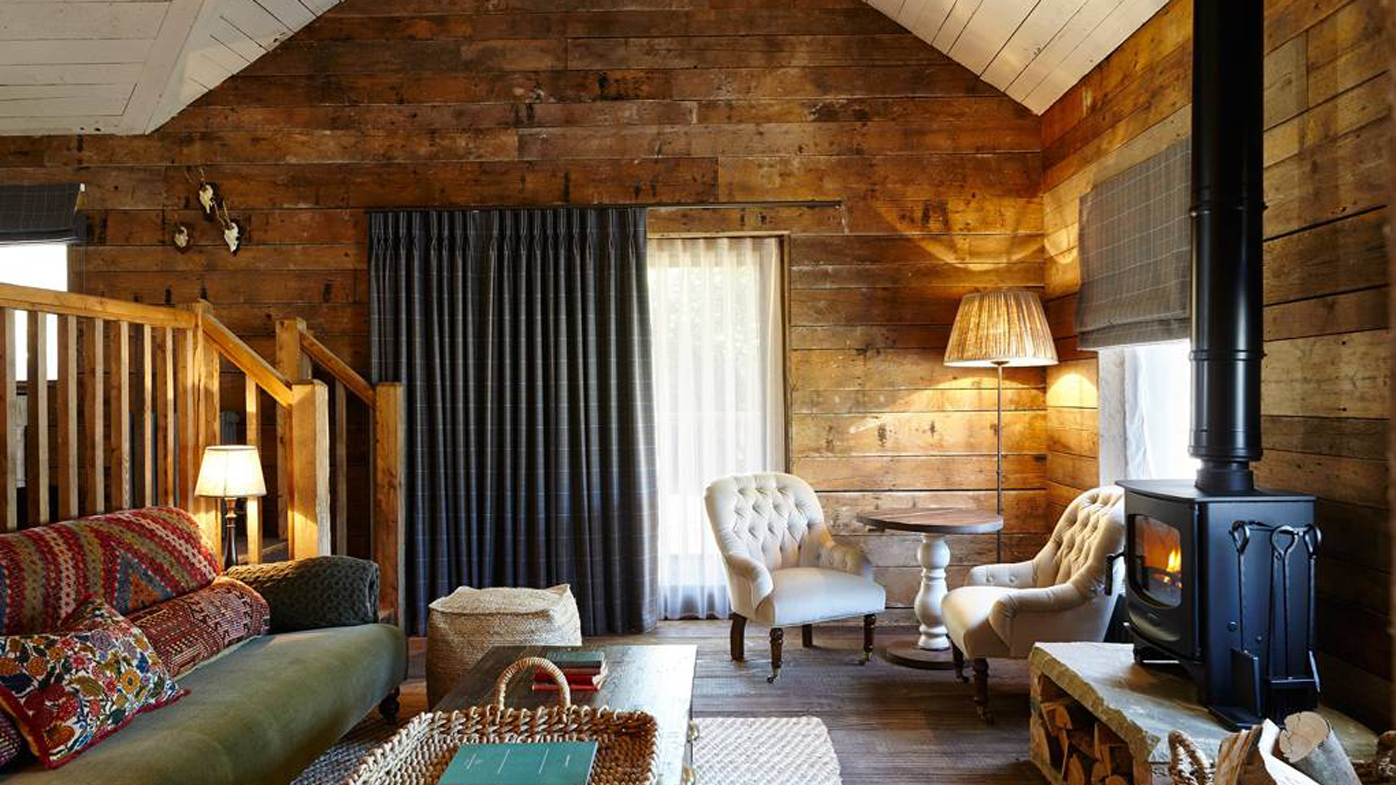
If relocating inland, you will get more bang for buck in terms of land size but might be surprised at the amount of time spent mowing your lawn, when you’d prefer to be spending it with family instead.
Moving away from family and friends is a difficult adjustment.
Giving your mates and relatives a place to crash when they come over for a BBQ and a six-pack will ensure you’re never short of company.
Try to incorporate extra space into your build wherever possible, be it a granny flat or just a spare room.
I have seen far too many city-goers struggle to adjust to the change in weather when they relocate.
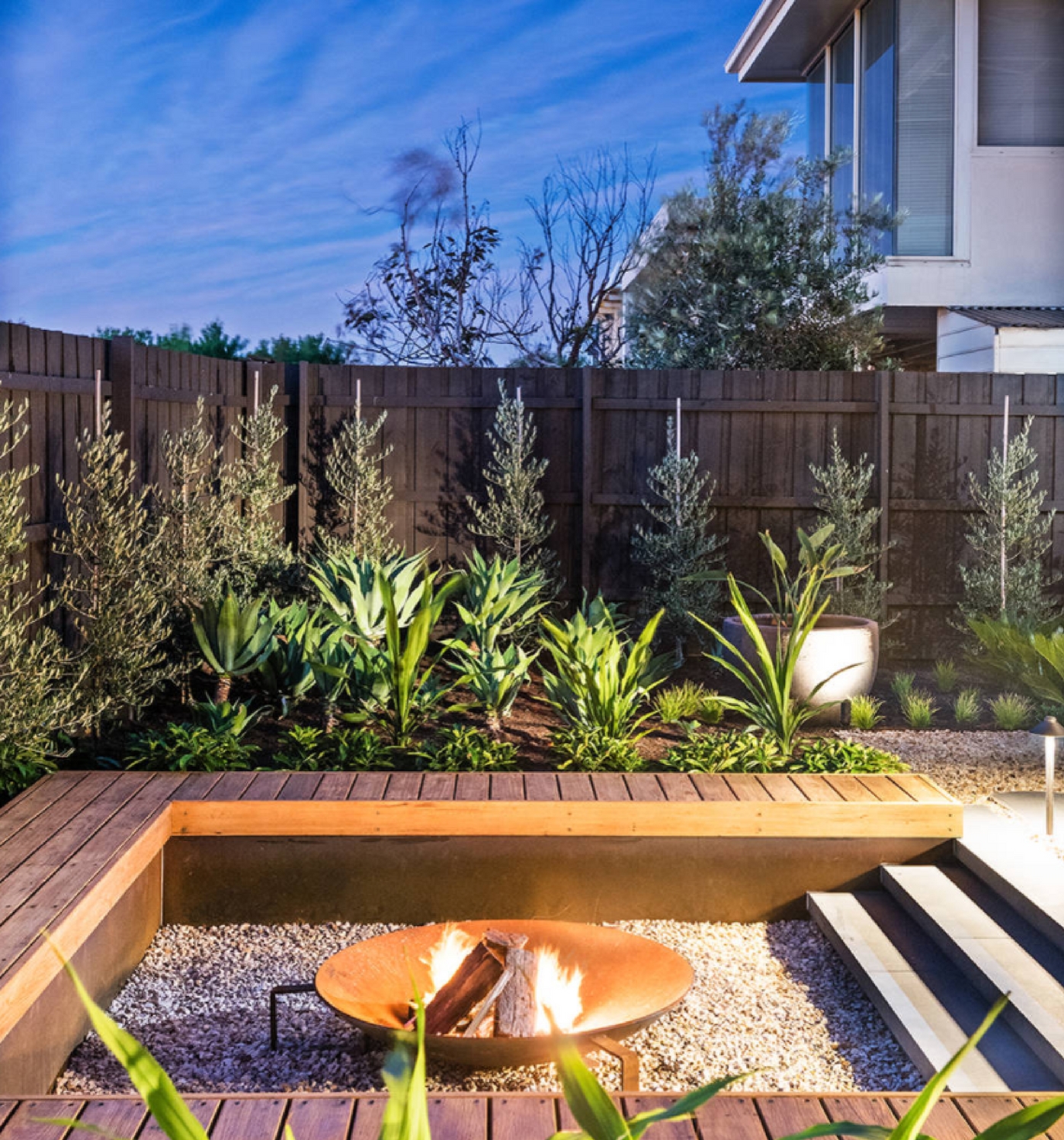
For those cold country nights and hot summer days, ensure your house has the best quality insulation.
I also suggest incorporating energy-saving measures like solar panels or smart metering so you can keep the heater and AC running without sending bills through the roof.
A fun way to incorporate energy efficiency is to create an area for an outdoor fire pit.
Regional areas have highly skilled, creative tradesmen that are often under-utilised.
Support local trades and businesses wherever you can. Choosing local trades will help you maintain your property and keep your money in your local economy – everybody wins.
We recommend
We thought you might like
States
Capital Cities
Capital Cities - Rentals
Popular Areas
Allhomes
More
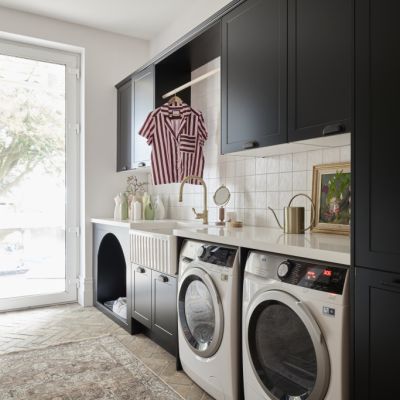
/http%3A%2F%2Fprod.static9.net.au%2Ffs%2F17e47dab-47dd-4ca9-be51-f769aa2a3ff0)
